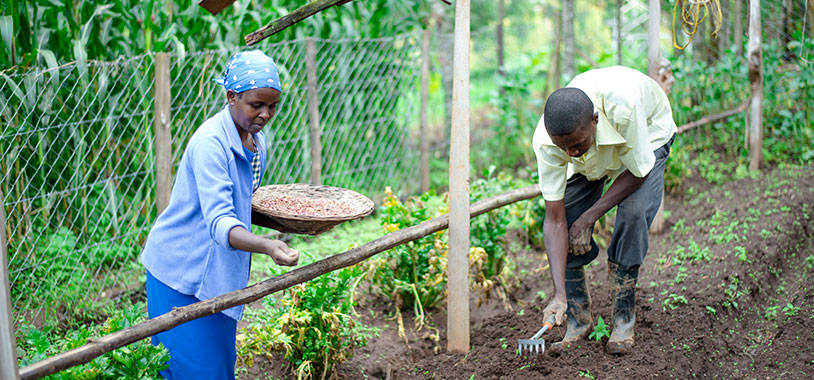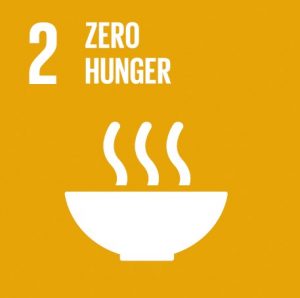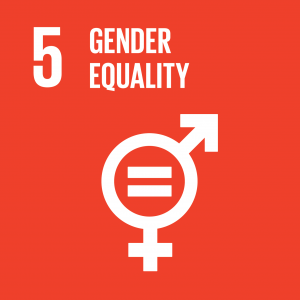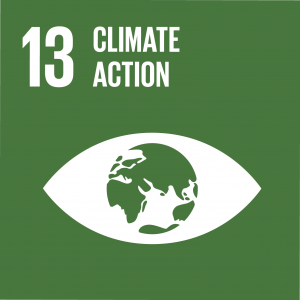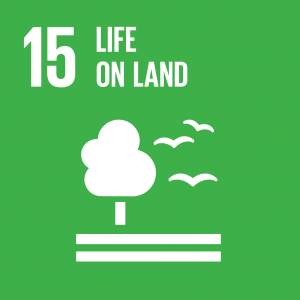Sustainable Agriculture, Food Sovereignty, Gender Equality
East Africa is home to numerous smallholder farmers who practice intensive agriculture to produce cash crops such as tea and coffee, for export. This type of farming has greatly affected food sovereignty – the right for people to select their own food and define sustainable agriculture systems.
With strong influence on monocropping and genetically modified / hybrid seeds, has caused smallholder farmers in Kenya to have limited access and choice for crop production. This unfortunately leaves farmers with little bargaining power over their produce and compromises on their freedom to grow nutritious crop varieties in their family farms that promote sustainable agriculture. Konservation’s regenerative agriculture project encourages food sovereignty among smallholders through women-led education programs and community-oriented seed banks.
Mainstreaming food sovereignty can challenge these existing problems.
Chagua, “choice” in Kiswahili, seeks to establish locally sustained seed-banks for indigenous crops and work with the community to determine what climate-resilient husbandry should look like.
Our team provides both agency and access to a variety of indigenous climate-relevant crops by creating a supply chain of necessary farm inputs – while concurrently facilitating a regional educational campaign on the benefits of regenerative agriculture and permaculture.
We believe that by building pathways for food sovereignty we can help liberate agricultural practices, increase nutrition and the advantages of local and international trade of crops, and eradicate the poverty trap faced by smallholder farmers.
